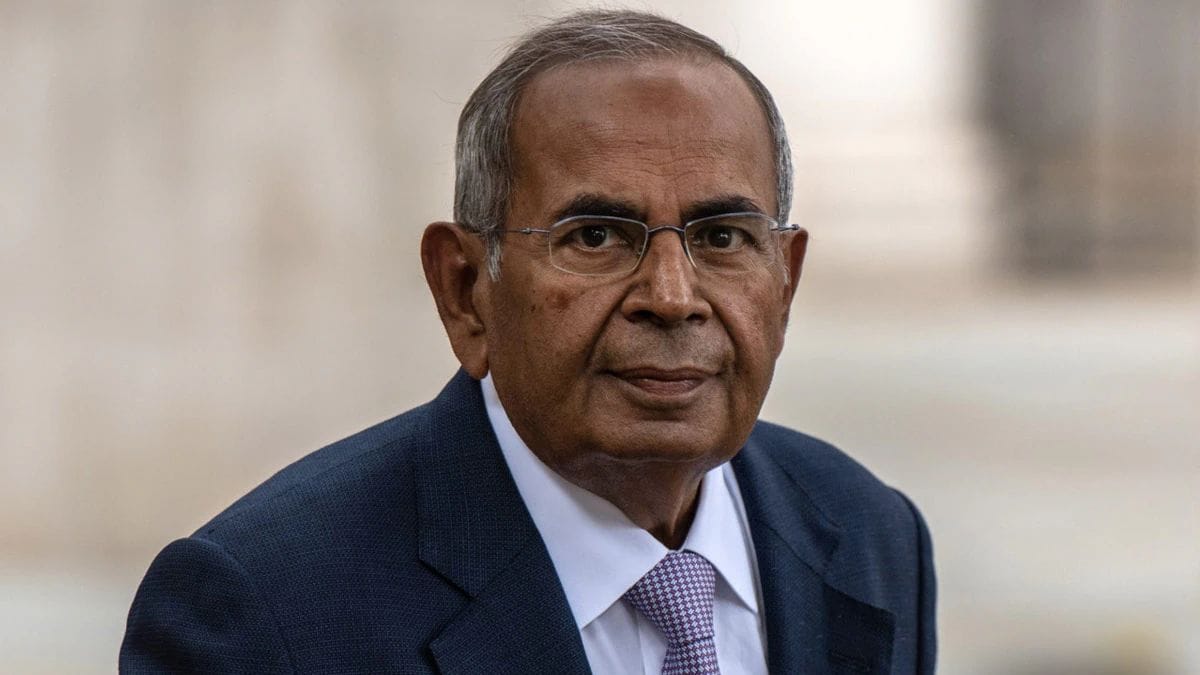The crisis in Afghanistan has “scarred” European nations’ relations with the United States, and demonstrated that the pre-Trump ‘Old Normal’ in US-European relations no longer exists, senior former European officials have told the BBC.
“Expectations were very high when Joe Biden came in – probably too high, they were unrealistic,” Carl Bildt, the former prime minister of Sweden-turned hawkish proponent of Western ‘nation-building’ in Afghanistan and the Middle East, told the broadcaster.
“[Biden’s] ‘America is back’ suggested a golden age in our relations. But it didn’t happen and there’s been a shift in a fairly short period of time. The complete lack of consultations over the withdrawal [from Afghanistan] has left a scar,” Bildt lamented.Loiseau pointed that in addition to France, “some other countries,” including Germany and the UK, believed they could rely on the US for security. “So of course they’re fearing times have changed. But we’ve often said we should rethink how NATO works. We should not remain in a state of denial,” she stressed.
For European Union foreign and security policy chief Borrell, the Afghanistan calamity served as the wake-up call Loiseau describes. Speaking to EU defence ministers in Slovenia on Thursday, Borrell called Afghanistan one of those “events that catalyse history, that create a breakthrough.”
Borrell suggested that Afghanistan demonstrated the bloc’s need for its own common defence forces, including a 20,000 troop-strong rapid reaction force which would enable Brussels to deploy soldiers quickly anywhere in the world without depending on US support. The official indicated that a draft proposal on the “first entry force” would be presented later this year.
NATO chief Jens Stoltenberg expressed alarm over the concept of a European army, stressing that a European defence “can never replace NATO” and that Europe and North America need to continue to “band together.”
Speaking to the BBC, Nathalie Tocci, an advisor to Borrell and visiting professor at Harvard, assured that it was not worth overblowing the significance of Afghanistan in decoupling Europe from America.
“The main rift under Trump had less to do with specific foreign policy decisions and more that we didn’t share the same values all of a sudden,” Tocci said.
“The real trauma of Trumpism was not only ‘America First’ but that he seemed to get on more with the Xis and Putins,” she added. Tocci insisted that the unilateralism shown by Biden in the decision to pull troops out of Afghanistan was nothing new. “It’s always been the European complaint about the US. But now it’s the Americans acting without coordinating their leaving, not going in.”
Crisis of Confidence
The sudden collapse of Afghanistan’s pro-Western government in the middle of the US withdrawal has prompted many of Washington’s allies and client states to question the value of their relationship with the hegemon. Potential German chancellor in waiting Armin Laschet called the Afghan crisis “the greatest debacle that NATO has suffered since it was founded.” Czech President Milos Zeman suggested that “the Americans have lost the prestige of a global leader” in its wake. Latvian Defence Minister Artis Pabriks argued that the era of Western nation building abroad was “over,” and that “the West, and Europe in particular” are now “weaker globally.” Tobias Ellwood, chairman of the British parliament’s defence committee, described it as “bewildering” that “this big, high-tech power” was “defeated by an insurgency armed with no more than [rocket propelled grenades], land mines and AK-47s.”
.png)














 English (United States) ·
English (United States) ·  Turkish (Turkey) ·
Turkish (Turkey) ·